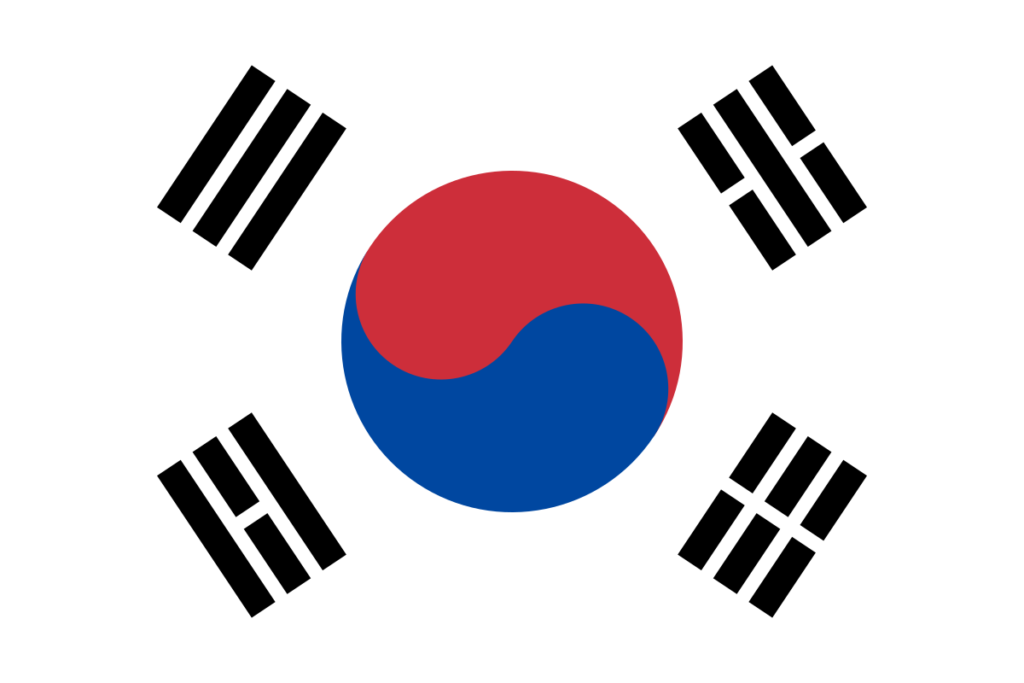By Deloitte Ghana
Continued from previous article in the series
How Can Ghana Learn from Other Nations?
The country could explore similar cooperative housing initiatives to Canada, where residents share ownership and responsibility for the maintenance and management of their housing units. By promoting cooperative housing schemes, the country can create sustainable and affordable housing solutions tailored to the needs of its communities. Furthermore, Ghana could promote community housing initiatives, such as cooperatives and non-profit housing organizations, to develop and manage affordable housing projects. Kenya deploys a similar initiative where savings & credit cooperatives work with Housing Construction Cooperatives. Simple shell and core developments which make use of vast available lands in peri-urban areas will fit the budget of such housing schemes. Success of this however, will ride on the availability and investment in transport and other social infrastructure to encourage settlement in these budding locations.
Considering strategies from other countries referred to previously in this article, the government of Ghana can provide targeted support for vulnerable populations, including rental assistance, home ownership support, and housing subsidies, to ensure access to affordable housing options for all citizens leveraging access to social-impact focused funds, cheap concessionary facilities, housing specific taxes to develop housing and related infrastructure.
- Developers can explore innovative construction technologies, materials, and building techniques to reduce construction costs and improve housing affordability without compromising quality and safety standards. They can also Incorporate mixed-income housing models, community amenities, and social infrastructure to create inclusive and vibrant communities that cater to diverse housing needs and preferences.
- Investors can consider investing in affordable housing projects that align with social impact goals and contribute to sustainable development objectives, such as improving housing affordability, reducing homelessness, and promoting economic empowerment. Investors can also diversify investment portfolios to include a mix of affordable housing assets, including rental properties, social housing projects, and affordable home ownership opportunities.
- Home seekers can seek financial counseling and assistance to understand the costs and benefits of home ownership, including mortgage financing, down payment assistance, and on-going maintenance expenses.
Ghana can also look to Rwanda’s IDP model village programme which has been tremendously successful in structuring an efficient and effective supply chain in support of maximizing affordability and facilitating socio economic transformation of rural and peri-urban areas.
INDIA

India in 2015, launched the Pradhan Mantri AWAS Yojana (PMAY) to provide a pucca house to all eligible beneficiaries of urban India by 2022. The minimum size of the house was 25 sq. m. (raised from 20 sq. m) with a hygienic cooking space. Central and state governments shared the cost of unit assistance in this scheme in the ratio 60:40 in plain areas and 90:10 for north-eastern and the Himalayan states. There are four verticals under PMAY scheme namely In-Situ Slum Redevelopment (ISSR), Affordable Housing in Partnership (AHP), Credit Linked Subsidy Scheme (CLSS) and Beneficiary Linked Construction (BLC). More than 10 million houses have been sanctioned, 7.5 million houses have been grounded and 4.3 million houses completed across the nation. More than 24 billion USD sanctioned for the successful implementation of this scheme, with the total investment amounting close to 100 billion USD. Uttar Pradesh followed by Madhya Pradesh and Andhra Pradesh have been the best performing states for implementation of PMAY scheme.
SOUTH KOREA

South Korea has made significant strides in providing affordable housing for its population through various government-led initiatives and policies. It has a robust public rental housing program aimed at providing affordable housing options for various low-income group households. The government builds and manages public rental housing complexes, offering subsidized rents to eligible households. These units are typically allocated based on income level and household size, with priority given to vulnerable populations such as low-income families, elderly individuals, and people with disabilities. South Korea also promotes “Mixed Income Housing Developments” that integrate affordable housing units with market-rate housing. These developments aim to create inclusive and socially diverse communities while providing affordable housing options for low and middle-income households. Government incentives such as tax breaks and land subsidies, are often provided to encourage private developers to include affordable housing units in their projects.
CANADA

Canada offers cooperative housing models that empower residents to collectively own and manage their housing complexes. These models not only provide affordable housing but also foster a sense of community and ownership among residents. In cooperative housing, residents are members of a housing cooperative, which owns the entire housing complex. Members typically purchase shares in the cooperative, entitling them to occupy a specific unit within the complex. Unlike renting, where tenants have limited control over their housing situation, cooperative members have a say in the management and maintenance of their housing complex. By empowering residents to take an active role in the ownership and management of their housing, cooperative housing contributes to a more inclusive and sustainable housing landscape in Canada.
This insightful piece was put together by:

Yaw Appiah Lartey (Partner | Africa Infrastructure & Capital Projects (I&CP) and ESG Leader Financial Advisory | Deloitte Africa),

George Anang (Assistant Manager| Real Estate Advisory | Financial Advisory, Deloitte Ghana) and

David Markwei (Associate| Real Estate Advisory | Financial Advisory, Deloitte Ghana)




